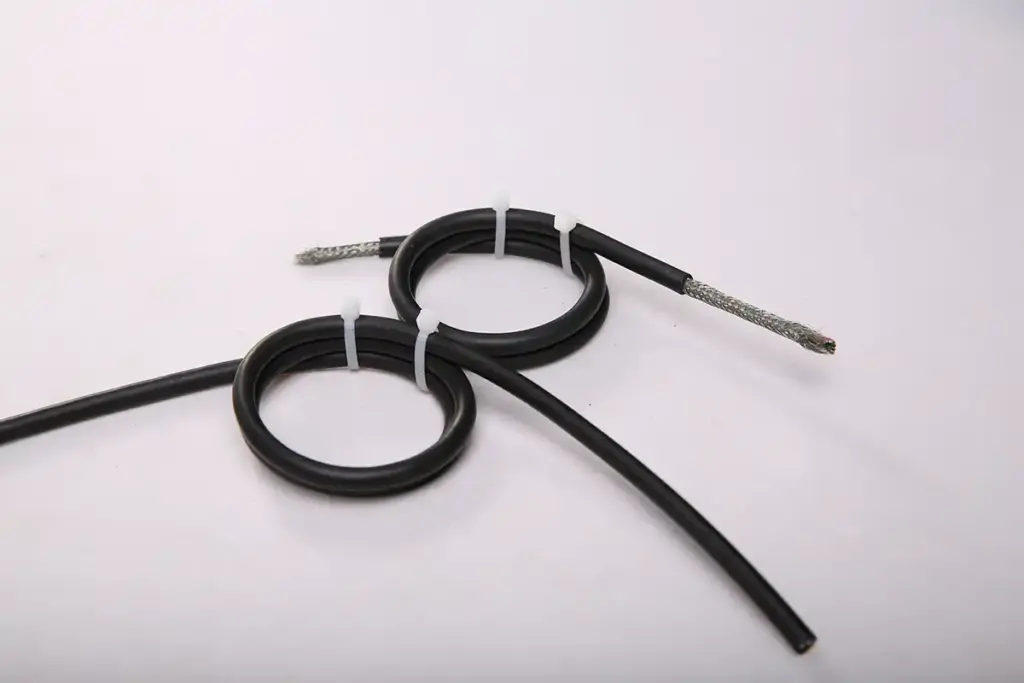Wire harnesses are a critical component that cannot be overlooked when it comes to maintaining the reliability and safety of your car. An automotive wire harness is a group of wires or cables that transmit signals or power within a vehicle. It is the lifeblood of a car’s electrical system, connecting various electronic components and ensuring they work in harmony. Here are seven essential tips to keep in mind when choosing automotive wire harnesses
- Determine Specific Requirements
Before purchasing a wire harness, understand the function of the wire harness, which includes audio systems, GPS, lighting, sensors, and more. Also, consider the power requirements of these components to ensure that the wire harness can handle the current without overheating or malfunctioning.
2. Evaluate Material Quality
Good wire harnesses are made of durable and reliable materials that can withstand the harsh conditions of the automotive environment. Look for wire harnesses with high-quality copper wire for optimal conductivity and rugged insulation that can resist heat, cold, and abrasion.

3. Check Connector Types
Connectors are a critical part of the wire harness because they connect the wires to the components. Using the right type of connector for each application is essential to ensure a stable and secure connection. Make sure the wire harness you choose has the correct type and number of connectors for your vehicle’s components.
4. Consider Wire Gauge
Wire gauge or thickness is closely related to the current handling capabilities of the harness. Wire gauges that are too thin may overheat if current is passed through the harness. Conversely, a thicker gauge than necessary may be more expensive and difficult to work with.
5. Look for Flexibility and Routing
The design or layout of the harness should provide some flexibility to make the installation process easier. Additionally, the harness should be designed to facilitate clean routing within the vehicle, avoiding sharp edges and hot surfaces that could damage the wiring.
6. Prioritize Safety Features
Safety features such as fuses, relays, and circuit protection should never be compromised. Checking if the harness includes these features or if there is a provision for them to be included ensures that the electrical system is protected from short circuits and overloads.
7. Verify Standards Compliance
Always choose a harness that meets automotive industry standards. Compliance means that the harness meets specified safety and performance standards, which can give you peace of mind about its reliability and longevity.
Can I Install Automotive Electrical Wiring Harnesses Myself?
If you have some mechanical knowledge and understand electrical systems, you may be able to install a basic wiring harness. However, for complex systems, it is recommended to consult a professional.
Is a custom wiring harness better than a standard wiring harness?
If you have specific needs or have made extensive modifications to your vehicle’s electronic system, a custom wiring harness may be better. Otherwise, if a standard wiring harness meets your vehicle’s requirements, it will be sufficient.
The above are 7 basic tips for choosing automotive wiring harnesses. By understanding the above tips, you can make a wise choice and ensure that your vehicle’s electrical system remains efficient, safe, and reliable. If you want to purchase automotive wiring harnesses, please contact TESTECK at alix@alixich.com.



